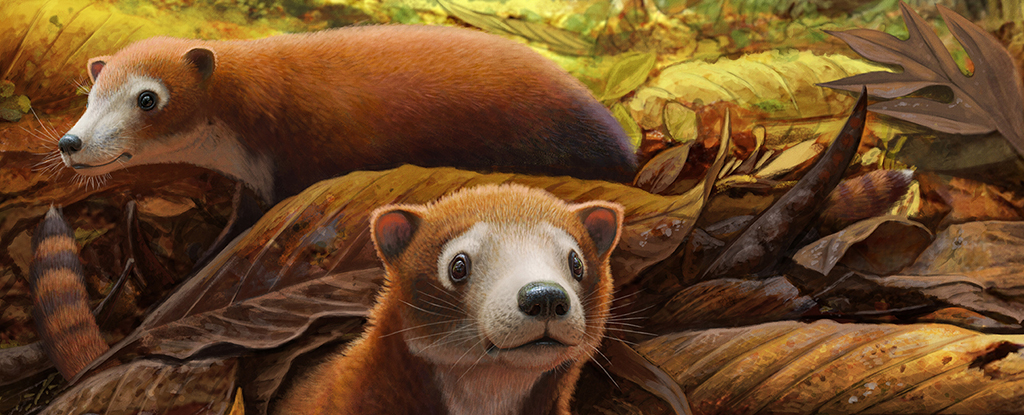Horticulturae, Vol. 9, Pages 1286: Non-Destructive Evaluation of White-Flesh Dragon Fruit Decay with a Robot
Horticulturae doi: 10.3390/horticulturae9121286
Authors: Coral Ortiz Carlos Blanes Pablo Gonzalez-Planells Francisco Rovira-Más
Dragon fruit is a tropical fruit with significant potential for consumers and producers. The quality assurance of this high-value product is crucial to satisfy consumer expectations. The quality of imported dragon fruit after storage may deteriorate due to inappropriate storage conditions. The firmness of dragon fruit is an essential parameter to estimate its conditions, and it is usually measured by destructive testing. The objective of the present study is to develop and test a non-destructive robotic sensor for assessing dragon fruit quality related to texture deterioration. Sixty white-fresh dragon fruits obtained from a store were divided in two sets of thirty fruits and stored 48 h at different conditions (cold and room storage) to produce deteriorated and consumer-acceptable fruits. First, the fruit samples were assessed non-destructive with the force sensor of a collaborative robot while they were touched. The robot tool is a pad capable of adapting and copying fruit shapes while controlling its hardness with the jamming transition of its internal granular fill. Second, the fruits were evaluated with destructive tests such as fruit firmness, flesh firmness, and soluble solid content. The procedure followed to produce deteriorated and acceptable fruits were confirmed. A discriminant analysis was carried out to segregate the fruit between the two categories according to the non-destructive variables extracted from the sensor. The variables obtained from the robotic first slope (S1) and the difference between the maximum value and the first overshoot (Os) were significant predictors for the separation in the two quality categories. Promising results were obtained with 77.50% of well classified fruit from the model data set, and 84.21% from the validation data set. The use of the robot could be an efficient tool in evaluating the quality of dragon fruit. This process may lead to substantial savings, particularly considering the elevated cost associated with the importation of tropical fruits into the European market.

 5 months ago
23
5 months ago
23


